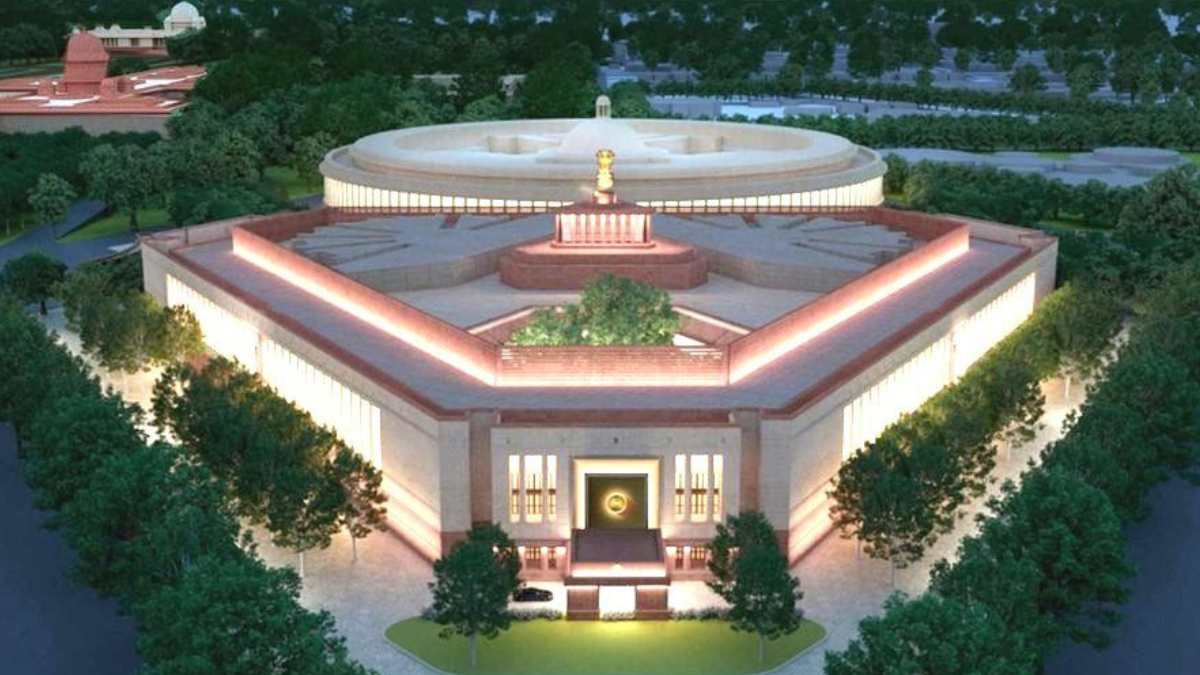[ad_1]

New Delhi: Prime Minister Narendra Modi will inaugurate the country’s new Parliament House on Sunday (May 28, 2023). To make this occasion special, the Finance Ministry has decided to issue a special coin of Rs 75.
Due to the completion of 75 years of India’s independence, the cost of this coin is 75 rupees. This coin is going to be very special. let’s find out…
What will be special in this coin?
The first part of this coin, which will be issued on the occasion of the inauguration of the country’s new parliament building, will have ‘Ashoka Pillar’ in the middle and ‘Satyamev Jayate’ will be written below it. Apart from this, ‘Bharat’ in Hindi will be written on the left side of the coin and ‘India’ in English on the right side. In the lower part of the first part of this coin, 75 rupees will be written along with 75 rupees.

The second part will have a picture of the Parliament complex. In its upper part, the words ‘Parliament Complex’ will be written in Devanagari script. Along with this, ‘Parliament Complex’ will be written in English below it.
The weight of this coin will be 35 grams. It will be made of 50 per cent silver, 40 per cent copper and 5 per cent nickel and zinc alloy.
What are special coins?
Special coins are issued by the government to mark an important occasion or to pay tribute to an eminent person. These are also called ‘commemorative’ coins.

How many times have special coins been issued?
Earlier, the government has issued special coins on several occasions. A coin of Rs 75 was released in October 2020 to mark the 75th anniversary of the Food and Agriculture Organisation. 100 rupees coin was released by PM Modi in 2022 at the 90th Interpol conference held in Delhi. Along with this, a coin of Rs 175 was also issued on the completion of 175 years of IIT Roorkee.
How are they different from regular coins?
Special coins issued by the government are not legal tender. Hence they cannot be used for transactions.
 Suspense Crime Sach Ka Dam
Suspense Crime Sach Ka Dam


